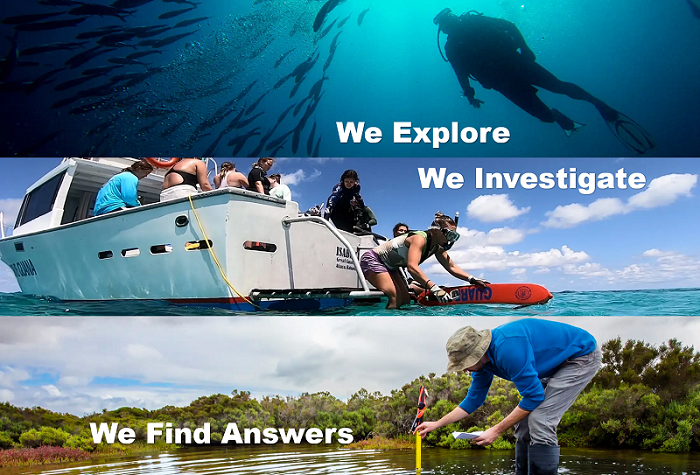Title
Bivalve Response to Estuarine Eutrophication: The Balance Between Enhanced Food Supply and Habitat Alteratiions
Document Type
Article
Publication Title
Journal of Shellfish Research
Abstract
As a result of insufficient sampling, differences in estuarine attributes, species variation, and poor links to anthropogenic sources, responses of bivalve mollucs to anthropogenic nutrient enrichment of coastal waters remains poorly defined for most systems worldwide. To establish the net effect of nutrient enrichment on bivalves, we compared changes in growth and survival of different bivalve species reported in 5 studies conducted in a representative estuarine system (on Cape Cod, MA) in which effects of eutrophication on food supply and habitat were quantified and related directly to land-derived nitrogen (N) sources. N-stable isotope ratios in suspended particulates and bivalve tissues demonstrated that N derived from anthropogenic wastewater was assimilated into bivalve tissues as N loads increased. Bivalve shell and soft-tissue growth also increased in response to increased chlorophyll a concentrations driven by land-derived N loads. Growth was accompanied by increased percent N content of tissues in some species, suggesting a change in tissue composition with N enrichment. In contrast, bivalve survival was lower in years of higher microalgal production, suggesting eutrophic-driven habitat degradation may have contributed to mortality. The net effect of eutrophication on bivalves, therefore, depended on the balance between enhanced food supply and habitat alterations that are mediated by attributes of the receiving estuary, and differences among species, particularly feeding habits, feeding physiology, and tolerance to hypoxia.
First Page
1
Last Page
11
DOI
10.2983/035.031.0101
Publication Date
2012
Recommended Citation
Carmichael, Ruth H., "Bivalve Response to Estuarine Eutrophication: The Balance Between Enhanced Food Supply and Habitat Alteratiions" (2012). School of Marine and Environmental Sciences Faculty and Staff Publications and Presentations. 24.
https://jagworks.southalabama.edu/mar_env_sci_faculty_staff_pubs/24


